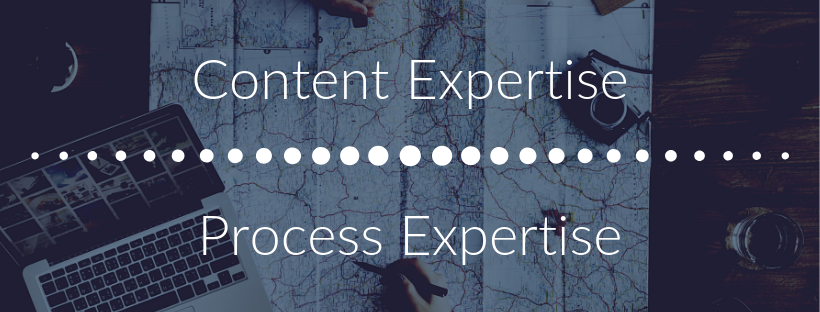The Benefits of Moving from Compliance to Advisory Services
Let’s knock the obvious reason out first: the money.
According to the Management Consulting Association, a healthy consulting business should have around 50% gross margins and about 30% margin for admin/SG&A, making for about 20% in EBIT.
Data from Sageworks, a financial information company, reveals that accounting and bookkeeping firms measured a pre-tax net profit margin of 18.4% in 2017.
That 18.4% pre-tax profit margin ranks among the highest for small and medium sized businesses, and it’s not far off from MCA’s 20% benchmark, but adding consulting services to your mix can greatly expand your already lucrative business for one simple reason:
You already have clients.
Much of that 50% gross margin found in consulting services is eaten up by customer acquisition costs baked into the 30% of SG&A expense. Since you already have a base of clients paying you for compliance services, like tax or bookkeeping, you can assume the cost to convert these clients to advisory services will be significantly lower than your average management consulting practice.
Herein lies my next point.
You’re Pre-Positioned to Offer Advisory Services
Alan Weiss, author of Million Dollar Consulting (which I highly recommend reading), describes a consultant as someone who has a unique set of skills and talents that help to create the value-adding components that their client’s businesses lack.
Value that consultants add comes from two sources of expertise:
Content Expertise: expertise gained through study and work in a specialized field. This is your professional comfort zone. Content expertise typically refers to your expertise in a niche field.
Process Expertise: how you deliver value-added services and frameworks to accomplish key objectives for your clients.
The beauty of adding advisory services to your suite of existing compliance services is that you already have content expertise covered.
Content Expertise
If you’re like most of our customers at Malartu, you have years of experience working with specific businesses in a specific niche. There’s not much that surprises you in your clients’ businesses because you’ve seen it before.
Not just that, consider the fact you have ready access to tens, if not hundreds, of large financial datasets in the form of clients books outlining the difference between low-performers and high-performers in a given field.
We’ll dive more into how exactly you can take advantage of the data available to you with the use of data analytics, benchmarking, and other dashboards in another post, but it’s important to recognize that every day you don’t use this data to advise your clients you’re leaving money on the table.
Process Expertise
This is exactly what the Malartu University will teach you. If you’ve been in the business of accounting and bookkeeping for a while, you already have the content expertise required for consulting, you just need a framework to deliver it and expand. Process expertise is all about identifying key objectives for your clients and working backward to arrive at a plan for your client to execute on a monthly, weekly, and daily basis.
Setting a Mission is Key
If you’re at least convinced enough to consider adding advisory services to your arsenal of services, consider reading our guide to setting your advisory mission.
Ready to get started as a value-added advisor to your clients?









